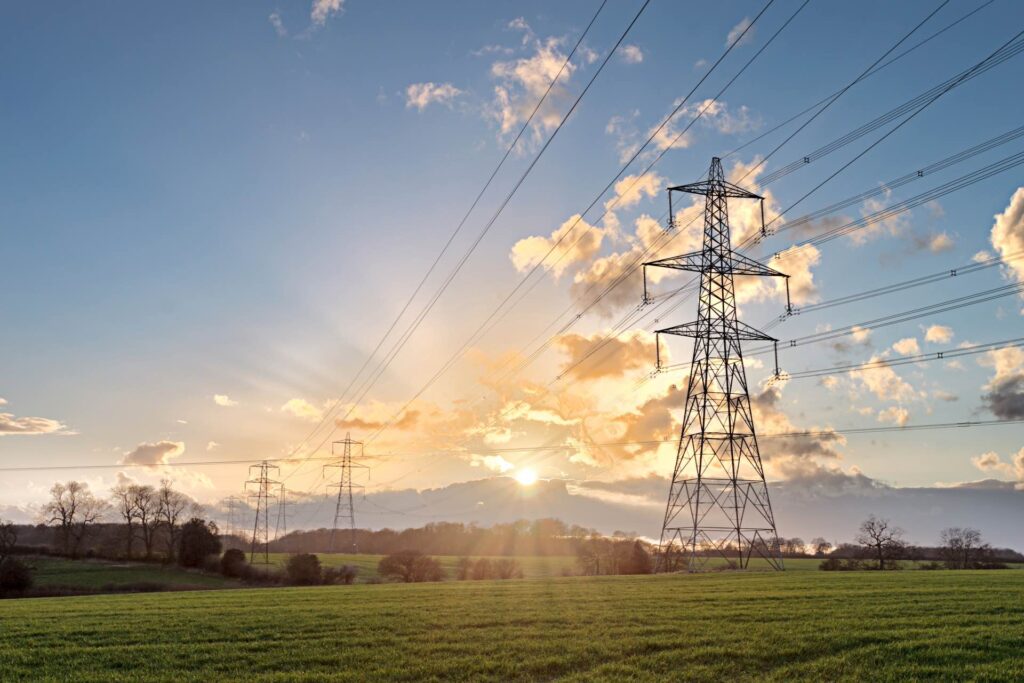Energy costs continue to be a serious financial headache for businesses with high energy consumption. But as well as reducing consumption through energy efficiency measures, there is another way your business can cut its energy bills.
The Demand Flexibility Service (DFS) is run by the National Grid in its capacity as the Electricity System Operator (ESO). Participating in the DFS means that your business could actually get paid for using energy differently.
Why do we need demand flexibility?
In the past, the National Grid’s strategy for dealing with growing demand was reactive. In the short term this would mean the use of “peaking” power plants at times of high demand. (Peaking plants come online for a short time and tend to use expensive and dirty fuel sources like gas or diesel.)
In the long term, this reactive approach means building more infrastructure: more power stations, more substations, more transmission and distribution lines.
Today’s energy system requires a different approach. Rather than treating demand as an unchangeable factor, the DFS gives energy users an incentive to use energy differently. In other words, it actually pays people and businesses to change their consumption patterns. This flattens out the peaks and troughs of demand and reduces the need for peaking plants.
Who participates in the Demand Flexibility Service?
The DFS was introduced in the winter of 2022/2023 and ESO reports that over 1.6 million households and businesses participated. This gave the grid 350MW of flexibility; for context, that is the same capacity as the “groundbreaking” battery storage facility planned for Pembroke Power Station.
Householders and small businesses generally report a positive experience with taking part in demand flexibility. But larger businesses are likely to see much greater financial benefits because their energy consumption is so much higher in the first place.
Criteria for DFS participation
To take part in the Demand Flexibility Service, your business must:
- Be able to reduce your electricity consumption, or shift the same consumption to a different time of day
- Have access to half-hourly metering
- Not be involved in any other schemes connected to electricity capacity, such as the Short-Term Operating Reserve (STOR).
- Be able to respond to a request and cut consumption for at least half an hour when given two-and-a-half hour’s notice.
The ESO sends participants notice of an “event” – that is, a request to reduce demand for a period of half an hour or more. There is no penalty if your business chooses not to participate in an event.
If your business previously took part in TRIAD avoidance then you probably have the ability to manage demand to the extent required by the DFS and you are almost certainly a high consumer who would benefit from taking part.
Payment
Payment from the DFS depends on the volume of capacity your business can deliver – in other words, how much consumption you reduce or time-shift when requested. There is no penalty if you don’t manage to cut demand as much as expected, but there is also no bonus for exceeding expectations.
Phase 1 of the scheme in late 2023 saw a Guaranteed Acceptance Price of £3,000/MWh. We are now in Phase 2 and ESO is running tests to find new participants.
How to get involved
If the demand flexibility capacity of your business is over 1MW, you can contact ESO directly to participate in the Demand Flexibility Service. Other options:
- Contact your electricity supplier (if they are a registered provider).
- Use a trusted third party. (SE First have successfully brokered DFS participation for energy intensive clients.)
Demand flexibility could see your business receiving credits on its energy bills and paying less for energy overall. To discuss how joining the DFS could benefit your business, get in touch with our experts.
If you have further questions about the Demand Flexibility Service, please get in touch for a no-obligation chat with our industry-leading experts at Sustainable Energy First.

